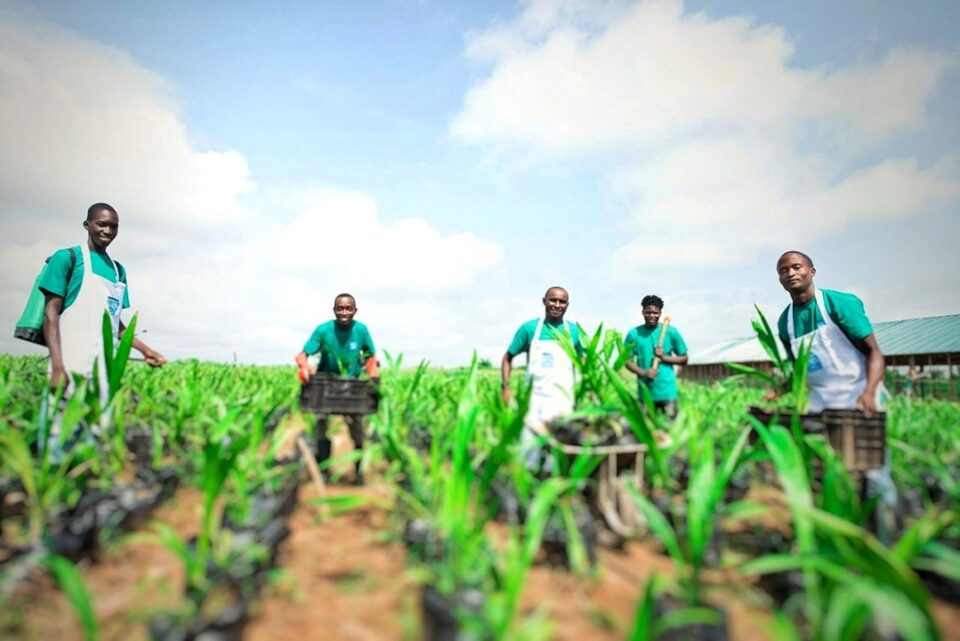As Africa’s agricultural sector grapples with escalating challenges from climate change and inadequate infrastructure, the African Agri Investment Indaba (AAII) serves as a crucial platform for promoting significant investment in the continent’s agriculture.
From November 18-20, the AAII will convene at the Cape Town International Convention Centre, bringing together key stakeholders—including agribusinesses, institutional investors, government agencies, and development organizations—to spotlight transformative investment opportunities that address the sector’s most pressing challenges.
In Mozambique, for example, maize production is experiencing severe disruptions due to increased temperature fluctuations and extreme weather events. By 2030, significant seasonal crop losses are expected to become more common, with maize yields potentially declining by 25% or more. Historically, such declines were infrequent, but rising temperatures and recurring droughts now threaten the stability of the agricultural sector, exposing its vulnerability to climate change.
In Nigeria, poor infrastructure remains a major barrier to agricultural productivity. Insufficient road networks and a lack of storage facilities lead to post-harvest losses of up to 40% for perishable goods like tomatoes and onions. This inefficiency in the supply chain exacerbates food insecurity and drives up prices. The slow adoption of cold storage technology and high infrastructure development costs further complicate the situation, leaving many farmers susceptible to market fluctuations.
Meanwhile, smallholder farmers in Ghana face a significant financing gap. Traditional banks are hesitant to offer loans due to perceived risks and a lack of collateral, making it challenging for farmers to invest in quality inputs such as seeds, fertilizers, and modern machinery. The absence of accessible financial products tailored for agriculture deepens this gap, trapping many farmers in cycles of debt and underinvestment, hindering overall productivity growth in the sector.
Addressing these interconnected challenges is a primary focus of the African Agri Investment Indaba. Ben Leyka, CEO of the African Agri Council, emphasizes, “The Indaba is a crucial gathering of influential figures in the agriculture sector. Our aim is to forge meaningful partnerships that unlock investment opportunities across Africa, particularly in areas that will drive infrastructure development and technological innovation in agriculture. The future of food security in Africa relies on large-scale, sustainable investment, and we are here to facilitate that.”
Leyka’s vision underscores the Indaba’s role as a platform for transformative projects that tackle the most critical issues in African agriculture—climate change, infrastructure shortcomings, and financial barriers. By fostering collaborations between public and private sectors and showcasing investment-ready projects, the Indaba seeks to advance the continent’s agricultural sector, ensuring it plays a vital role in enhancing food security and driving economic development across Africa.


